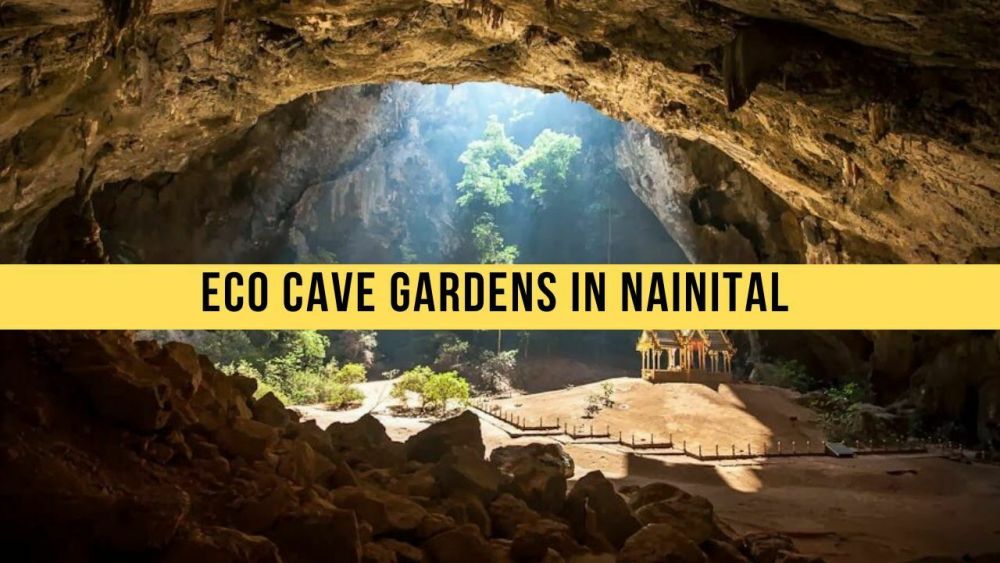

Nestled in the lap of the Himalayan range, the quaint hill station of Nainital in Uttarakhand, India, has been a tourist magnet since the British era. The history of tourism in Nainital can be traced back to the 19th century when the town was discovered by the British who built it as a summer retreat away from the heat of the Indian plains.
The Eco Cave Gardens is a newer addition to Nainital's attractions, aimed at providing an eco-friendly tourist experience. Developed by the local administration for conservation and tourism purposes, this network of interconnected rocky caves and hanging gardens offers a glimpse into the habitat of the Himalayan wildlife through a series of cave-like formations.
The gardens were opened to the public with the objective of educating visitors about the fragile ecology of the region while providing a recreational space that aligns with the natural beauty of the area. The garden features six caves representing different animals such as Tiger Cave, Panther Cave, Bat Cave, etc., that are named to reflect the wildlife that is native to the region.
The experience of crawling through the narrow caves and exploring the rustic paths is both exhilarating and educational, especially for children. The Eco Cave Gardens also feature a musical fountain that operates during the high season, adding to the enjoyable sensory experience.
More recently, Nainital and the Eco Cave Gardens have seen a shift towards sustainable and eco-friendly tourism practices. This reflects a larger trend in the travel industry where there is a growing consciousness about minimizing the environmental impact of tourism. With this in mind, the Eco Cave Gardens have been developed to leave a minimal carbon footprint while still allowing visitors to enjoy the area's natural beauty.
Tourists are now also looking for more experiential travel—which the Eco Cave Gardens provide through direct interaction with the environment and understanding of the local ecosystem. Electronic vehicles are being promoted to reduce pollution, and there has been an increase in the use of biodegradable materials at tourism sites within Nainital, including the Eco Cave Gardens.
Easily accessible by foot from the Mall Road in Nainital, the Eco Cave Gardens are open throughout the year. However, the best time to visit is from March to June and again from September to November when the weather is pleasant, making it easier to navigate the caves and enjoy the outdoor attractions.
The Eco Cave Gardens of Nainital are not just a series of caves and gardens but a representation of the larger commitment to preserving the natural wonders of the region. The marrying of conservation efforts and tourism in Nainital, especially within the Eco Cave Gardens, serves as a model for other destinations seeking to embrace sustainable tourism trends.
With these efforts in place, visitors can look forward to an enriching experience that celebrates the relationship between humanity and the natural environment in one of the most picturesque settings in India.